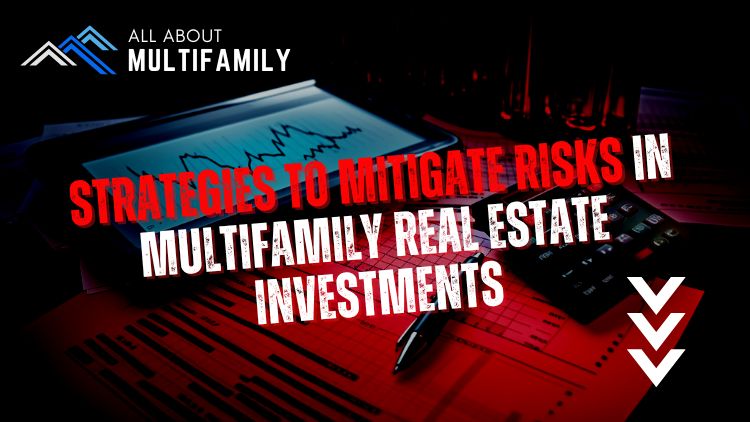The real estate industry has always been a dynamic and ever-evolving field, and in recent years, technological advancements have revolutionized the way real estate is bought, sold, and managed. These innovations have not only streamlined processes but have also created new opportunities for investors. In this article, we’ll explore some of the latest technology trends in real estate investing that are reshaping the industry.
1. Blockchain and Smart Contracts
Blockchain technology is making transactions more secure and transparent. In real estate, it’s being used for property records, ensuring their accuracy and reducing fraud. Smart contracts, powered by blockchain, automate and facilitate real estate transactions, reducing the need for intermediaries like lawyers and agents.
2. Virtual Reality (VR) and Augmented Reality (AR)
VR and AR are changing the way investors view and assess properties. Virtual property tours allow investors to explore properties from the comfort of their homes. AR apps provide additional property information when investors view properties through their smartphones, making informed decisions easier.
3. Big Data and Predictive Analytics
Big data analytics help investors make data-driven decisions. They can analyze market trends, rental prices, property values, and more to identify investment opportunities. Predictive analytics can forecast future property values, allowing investors to make strategic choices.
4. Artificial Intelligence (AI)
AI is used in various aspects of real estate, from chatbots handling customer inquiries to AI-driven property management. Machine learning algorithms can predict property maintenance needs and optimize rental pricing, improving overall profitability.
5. Crowdfunding Platforms
Real estate crowdfunding platforms have gained popularity, allowing investors to pool their resources for real estate investments. These platforms provide access to a variety of properties and investment opportunities that were previously restricted to larger investors.
6. IoT (Internet of Things)
IoT devices are used to enhance property management. Smart home devices can remotely control lighting, heating, and security systems, making properties more attractive to tenants and improving overall property efficiency.
7. Drones for Property Inspection
Drones are used for property inspections, allowing investors to assess properties from above. This technology is particularly useful for large properties, rural areas, and properties with potential safety concerns.
8. Real Estate Investment Software
Real estate investment software streamlines property search, evaluation, and management. These platforms offer tools for financial analysis, market research, and portfolio management, making it easier for investors to stay organized and make informed decisions.
9. Environmental Sustainability Technologies
Green technologies are gaining traction in real estate investing. Energy-efficient properties are in high demand, and investors are increasingly considering sustainability factors in their investment decisions. Technologies like solar panels, energy-efficient appliances, and water-saving fixtures are becoming standard features.
10. Security and Privacy Measures
With the increasing digitization of real estate transactions, security and privacy measures are of utmost importance. Encryption, biometric authentication, and secure payment gateways ensure that sensitive information remains protected.
11. Property Management Apps
Property management apps are transforming the way investors manage their portfolios. These apps offer features like rent collection, maintenance requests, and financial reporting, simplifying property management tasks.
12. Machine Vision and Property Valuation
Machine vision technologies can assess property conditions and estimate property values. This is particularly useful for investors looking to make quick and informed decisions.
In conclusion, technology is continually reshaping the landscape of real estate investing. Investors who adapt to and embrace these technological trends are better positioned to make informed decisions, streamline their processes, and maximize their returns. As technology continues to advance, real estate investors should stay informed and explore how these innovations can work to their advantage in this ever-evolving industry.













































![An In-Depth Look at Jake and Gino's Coaching Program [A Review]](https://allaboutmultifamilyinvesting.com/wp-content/uploads/2023/10/AAM-BMP-Blog-Covers-750-×-422px-6.jpg)


![Email Marketing Tips for Multifamily Real Estate Syndicators to Raise Capital [Templates included]](https://allaboutmultifamilyinvesting.com/wp-content/uploads/2023/09/AAM-BMP-Blog-Covers-750-×-422px-4.jpg)






![The Richest Kids In America [Book Review]](https://allaboutmultifamilyinvesting.com/wp-content/uploads/2023/09/AAM-BMP-Blog-Covers-750-×-422px-84.jpg)
















